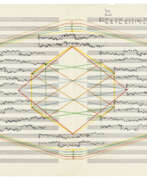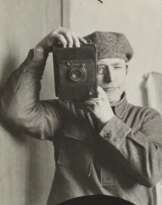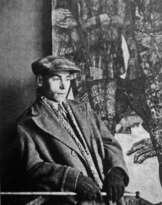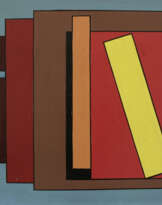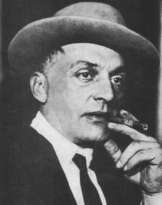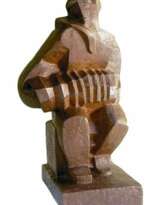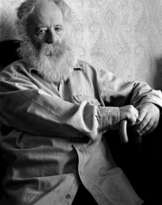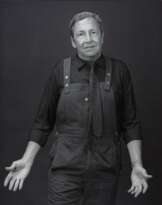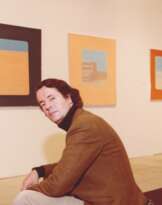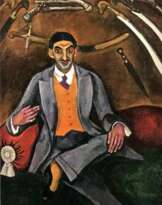Alfred Shnitke (1934 - 1998)
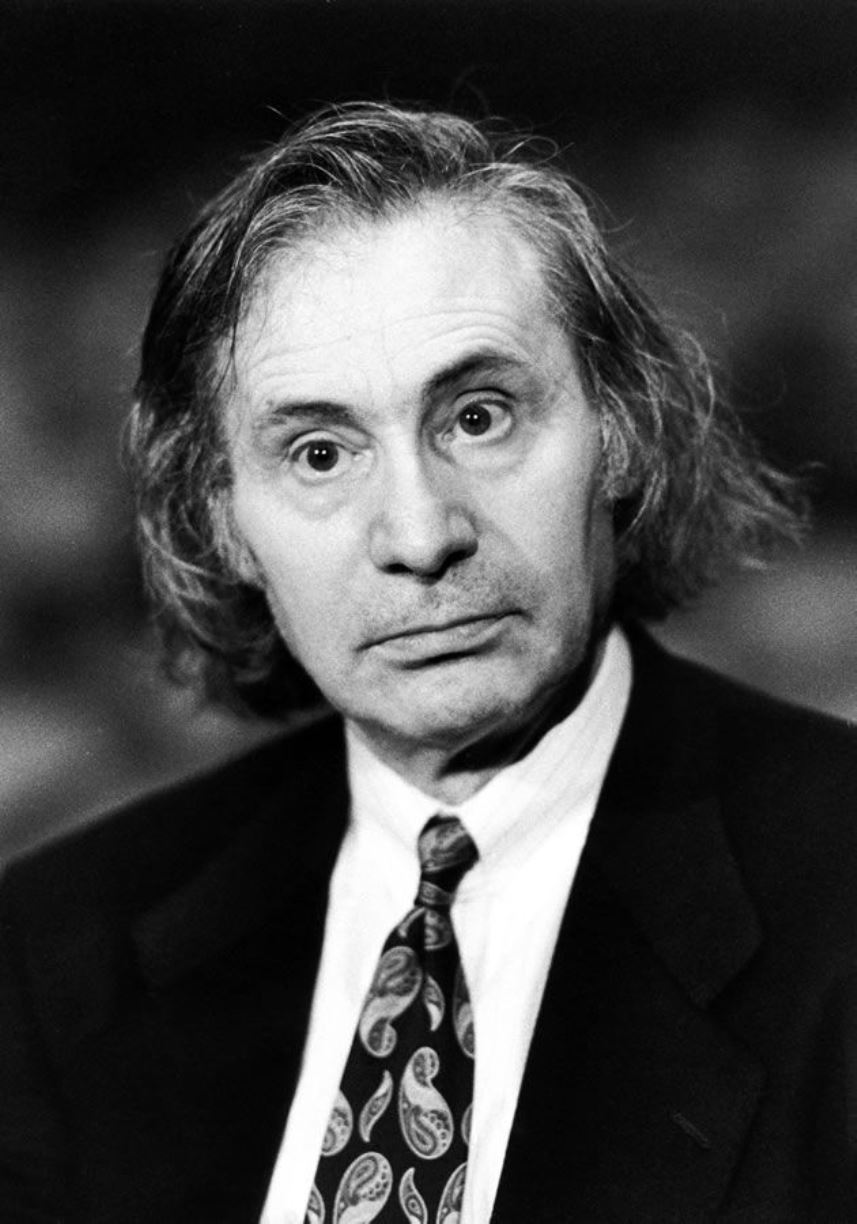
Alfred Shnitke
Alfred Garrievich Shnitke (russian: Альфред Гарриевич Шнитке) was a Soviet and Russian avant-garde and postmodernist composer, music educator and musicologist.
Alfred's father was journalist and Russian-German translator Harry Shnitke, his mother was German teacher Maria Vogel, and Russian and German were spoken in the house. In 1946-1948 he lived with his family in Vienna, where he learned to play the piano and compose. From 1948 he lived in the Moscow region, then in Moscow. In 1953 Shnitke graduated from the conducting and choir department of the Music and Pedagogical College (now the Shnitke Moscow State Institute of Music), and in 1958 from the Tchaikovsky Moscow Conservatory. Between 1961 and 1972 he taught instrumentation, score reading, polyphony and composition at the Moscow Conservatoire. From the mid-1970s he appeared as a pianist, performing his own compositions.
In the early 1960s Shnitke turned his attention to modern compositional techniques, including dodecaphony, became an active supporter of the European musical avant-garde and tried to find his own style. His first significant achievements in this field were Dialogue for cello and seven instrumentalists (1965) and the Second Violin Concerto (1966).
Shnitke wrote more than 200 musical works in various genres, including the operas The Story of Dr. Johann Faust (1983-1994) and Life with an Idiot (1991); and the ballets Labyrinths (1971), Sketches (1971-1985) and Per Gynt (1986). Among his choral works, Requiem (1975) is widely known, as well as Poems of Penitence for a cappella choir (1987) and others. The composer wrote nine symphonies, concertos for violin, viola, cello, piano and other instruments. Shnitke also wrote music for many famous and popular films and cartoons from 1964-1994, as well as for theatrical productions of the main theaters of Russia.
Alfred Shnitke is an Honored Art Worker of the RSFSR, winner of the N.K. Krupskaya State Prize of the RSFSR and the State Prize of the Russian Federation. In 1990 the composer, together with his wife, pianist Irina Kataeva-Shnitke, moved to Germany and received German citizenship, as an exception he was allowed not to renounce his Soviet citizenship. He taught composition at the Hochschule für Musik und Theater in Hamburg, and was elected a member of the West Berlin Academy of Arts, the Bavarian Academy of Fine Arts, and the Royal Swedish Academy.
Shnitke died in Hamburg from the effects of four strokes, and is buried at the Novodevichy Cemetery in Moscow.
| Date and place of birt: | 24 november 1934, Engels, Russia |
|---|---|
| Date and place of death: | 3 august 1998, Hamburg, Germany |
| Period of activity: | XX century |
| Specialization: | Composer, Educator, Musicologist |
| Art style: | Avant-garde, Postmodern |

